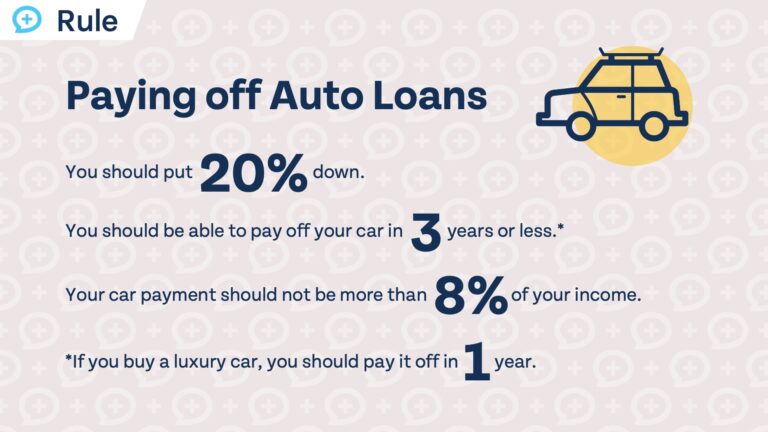Next up is an interesting question. It seems like the person, who is 24 years old, is contemplating whether to withdraw money from their $5,000 Robinhood account to pay off their $15,000 car loan with a 14% interest rate. They want to know if they should pay off the loan faster or leave it as it is. I believe this is a common situation faced by many young individuals who are realizing the need to turn their financial situation around. Regarding the Robinhood account, it's not specified if it's a Roth or an after-tax account, but based on the assumption that it contains individual stocks, it's likely an after-tax account. Here's my take on it: a 14% car loan is considered high-interest debt, and it indicates that the lender had concerns about granting the loan. Paying off the loan will save you 14 cents in interest for every dollar you put towards it, effectively providing a 14% rate of return. You have two options to consider: firstly, you could sell the $5,000 worth of investments in your Robinhood account and apply that money towards the car loan, eliminating as much of the 14% interest as possible. This approach would provide an imputed 14% rate of return. Secondly, you could evaluate whether it's possible to sell your current car, which carries a burdensome loan, and purchase a more affordable vehicle. By doing so, you could avoid the high-interest debt and focus on building wealth through following the
Financial Order of Operations. This way, when you decide to upgrade your vehicle in the future, you won't be subjected to a predatory auto loan. It's important to recognize the situation you find yourself in and use that frustration as motivation to learn from this experience, make necessary changes, and avoid similar situations in the future. Getting mad and utilizing that anger constructively will help you have honest discussions with yourself about what you can learn and how to improve your financial choices. Remember, you want to become a financial mutant, someone who consistently achieves better results than the market. So get your life in order, make the right decisions, and the next time you engage in any financial endeavor, you'll be in a much stronger position to negotiate and secure favorable terms.














